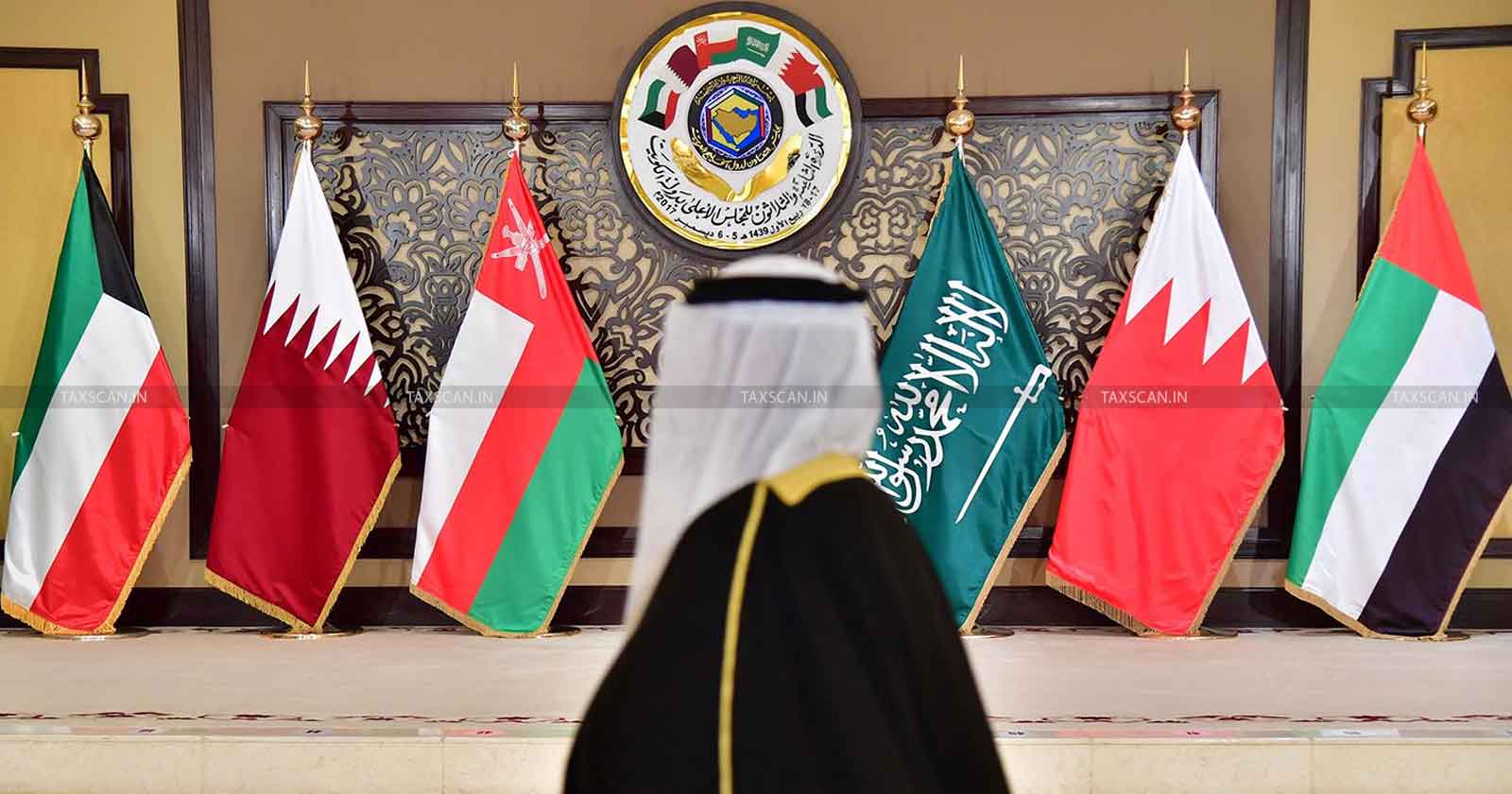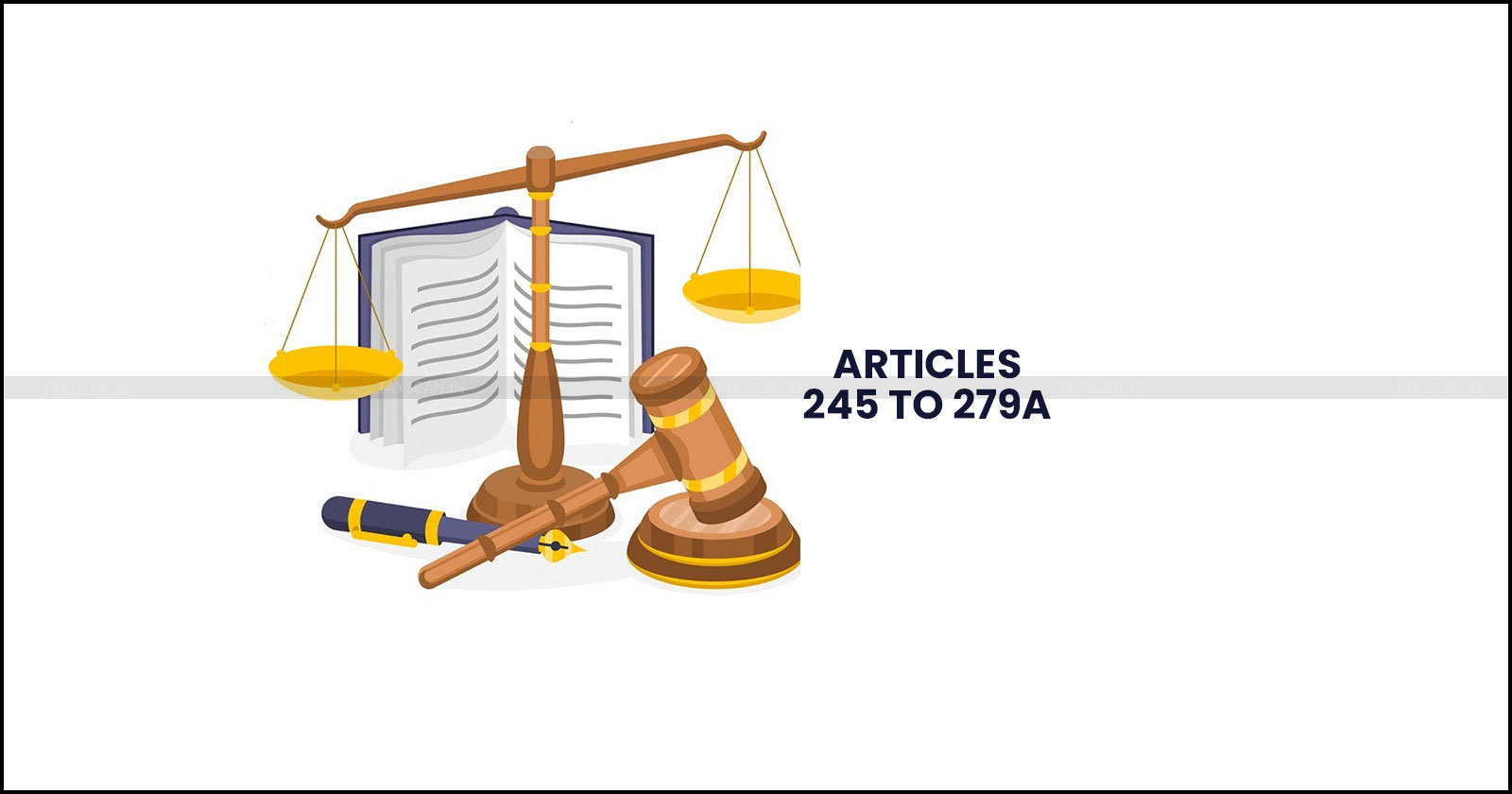India and Oman Revise Double Taxation Treaty: Key Protocol Amendments Explained [Read Notification]
India and Oman’s revised tax treaty comes into force as per Notification No. 69/2025, introducing lower withholding rates and anti-abuse provisions to prevent tax evasion
![India and Oman Revise Double Taxation Treaty: Key Protocol Amendments Explained [Read Notification] India and Oman Revise Double Taxation Treaty: Key Protocol Amendments Explained [Read Notification]](https://images.taxscan.in/h-upload/2025/06/27/2055023-dtaa-india-and-oman-revise-double-taxation-taxscan.webp)
The Ministry of Finance issued Notification No. 69/2025 dated 25th June 2025, announcing the entry into force of a protocol amending the existing DoubleTaxation Avoidance Agreement (DTAA) between India and the Sultanate of Oman. The revised agreement is aimed at strengthening tax cooperation, preventing treaty abuse, and aligning with global standards on transparency and anti-avoidance.
The protocol, signed in Muscat on 27 January 2025, officially came into effect on 28 May 2025, following the exchange of diplomatic notifications confirming the completion of ratification procedures in both countries. As per the notification, the amended provisions will apply in India from the financial year beginning on or after 1 April 2026, and in Oman from the following tax year.
Practical Case Studies in Forensic Accounting & Corporate Fraud Investigation, Click Here
Major Revisions Under the Protocol
The new protocol significantly updates several articles of the original 1997 DTAA. One of the key amendments is the revision of the treaty preamble, which now explicitly states that the treaty is not just to avoid double taxation, but also to prevent fiscal evasion and avoidance, including treaty-shopping practices that may provide undue benefits to third-country residents.
Lower Withholding Tax Rates
The protocol reduces the maximum withholding tax rates on:
- Royalties: From 15% to 10%
- Fees for Technical Services: From 15% to 10%
This is expected to lower the tax burden on cross-border business transactions involving intellectual property and service payments between the two countries.
Updated Tie-Breaker Rules for Dual Residency
In cases where a company is considered a tax resident of both India and Oman, the new Article 4 provides that the “place of effective management” and other relevant factors will be used to determine tax residency. If mutual agreement cannot be reached between both countries' competent authorities, the taxpayer will not be entitled to treaty benefits.
3000 Illustrations, Case Studies & Examples for Ind-AS & IFRS, Click Here
Anti-Abuse Provision: Principal Purpose Test
A significant anti-avoidance measure is the introduction of Article 27B, which incorporates the Principal Purpose Test (PPT). Under this provision, treaty benefits will be denied if obtaining such benefits was one of the principal purposes of any transaction or arrangement, unless it can be shown that granting the benefit aligns with the object and purpose of the treaty.
Non-Discrimination Clause Introduced
A new Article 25A ensures that nationals or businesses of one country are not subject to more burdensome taxation in the other country than domestic taxpayers under similar conditions.
Assistance in Tax Collection and Exchange of Information
The agreement now includes robust provisions under Articles 27A and 27, enabling both countries to exchange tax information, including bank and financial data, and assist in the collection of tax dues, even when such information is not required domestically. This strengthens the framework for combating tax evasion and ensuring compliance.
Legal Basis and Implementation
The notification has been issued under Section 90(1) of the Income Tax Act, 1961, which empowers the Central Government to enter into agreements with other countries to avoid double taxation and prevent fiscal evasion. It also makes all provisions of the revised DTAA legally enforceable across India.
Complete Blueprint for Preparing Project Reports, click here
Continuity and Supremacy
The newly issued protocol replaces the earlier protocol signed in 1997, updating and modernizing the treaty to reflect current international standards, including those recommended under the OECD’s Base Erosion and Profit Shifting (BEPS) framework.
The English version of the treaty text shall prevail in case of any conflict between the Hindi, Arabic, and English versions.
Support our journalism by subscribing to Taxscan premium. Follow us on Telegram for quick updates




